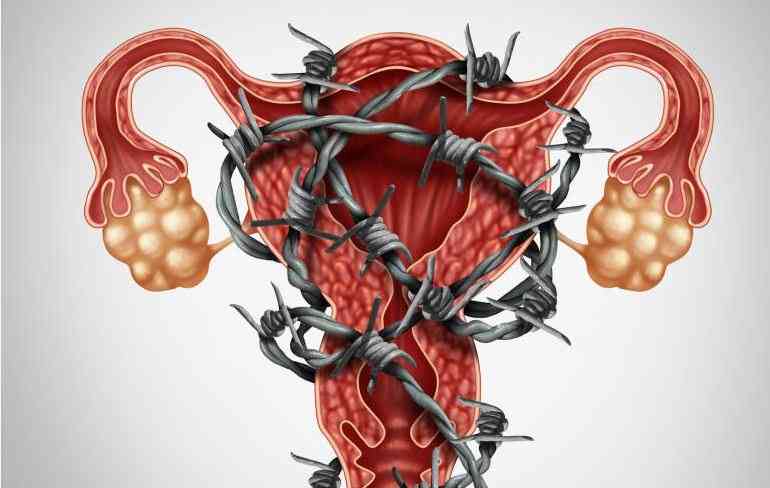
I am two months pregnant and I have been vomiting excessively. I can’t retain any fluids or foods. What should I do?
Emma
Dear Emma,
For some, nausea and vomiting is the initial indication of an unplanned pregnancy. It’s usually caused by rising levels of a particular hormone. Luckily, the hormone levels tend to taper off as the pregnancy advances. For the majority, the nausea and vomiting tends to resolve by the end of the first three months. Maintain a certain level of hydration and feeding. Try simple remedies first. Spread out small and frequent feeds throughout the day. They will add up to a good amount capable of sustaining early pregnancy requirements.
Aim to get adequate amounts of proteins, carbohydrates, vitamins and other micro-nutrients. Fluids are particularly important, as dangerous levels of dehydration can quickly set in on a background of nausea and vomiting. You should still continue taking the recommended pregnancy supplements.
Some women require medication to reduce the nausea and stop vomiting. There are many oral medications available in the market and deemed safe for use in pregnancy. It’s best though to check with your obstetrician or midwife before self-medicating with any tablets. For some, simple measures will not stop the nausea and vomiting. The situation becomes more dire if nothing is being tolerated, with dehydration setting in pretty quickly. In such cases, admission to hospital becomes necessary. Intravenous fluids are often necessary to correct the dehydration, in conjunction with injectable medications to stop the vomiting. It is not unusual to stay in the hospital for a few days prior to being able to tolerate oral feeds and fluids.
Some tests become necessary once admitted to hospital with severe vomiting and dehydration. Such tests will determine whether additional supplements will be required in conjunction with the rehydration fluids. You will also require an early pregnancy scan.
Women with twins experience more nausea and vomiting while some rare cases of abnormal pregnancies may present with disproportionate nausea and vomiting. Don’t sit around with severe nausea and vomiting in the hope that things will settle down spontaneously. You are simply predisposing yourself to further risk. Make your way to the nearest maternity unit where help is readily available.
Once stabilised, and the pregnancy advances further, you will be able to get back to enjoying your culinary delights.
— Dr Alfred Murage is a consultant obstetrician and gynaecologist
 The Standard Group Plc is a multi-media organization with investments in media platforms spanning newspaper print
operations, television, radio broadcasting, digital and online services. The Standard Group is recognized as a
leading multi-media house in Kenya with a key influence in matters of national and international interest.
The Standard Group Plc is a multi-media organization with investments in media platforms spanning newspaper print
operations, television, radio broadcasting, digital and online services. The Standard Group is recognized as a
leading multi-media house in Kenya with a key influence in matters of national and international interest.










